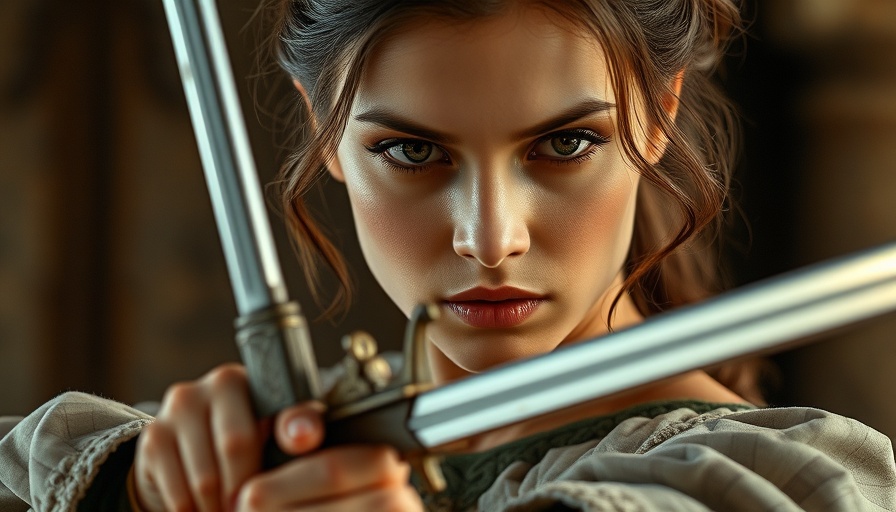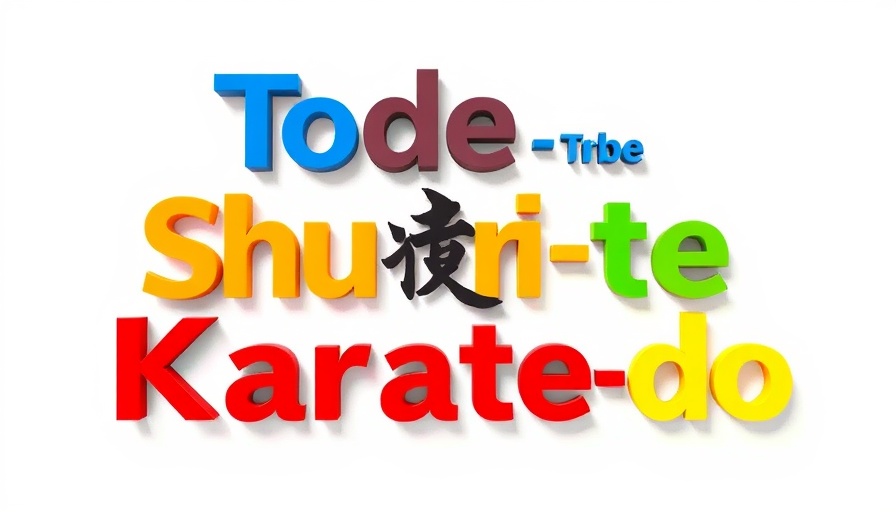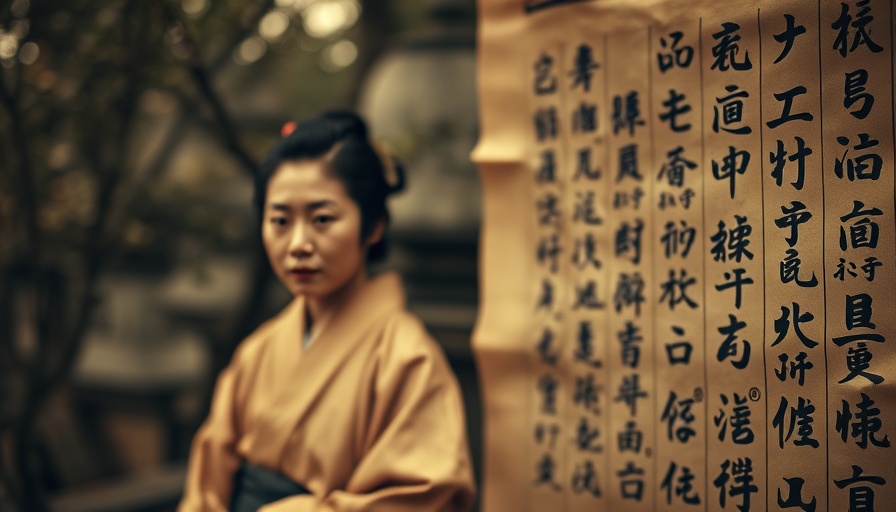
Martial Arts: An Educational Renaissance
The modern view of the 'Renaissance Man,' a term that evokes the image of intellectuals like Leonardo da Vinci and Galileo, finds its reflection in the world of martial arts.
At its core, martial arts training embodies this ideal, blending various fields — physical combat techniques, mental discipline, strategy, and philosophical study — into a harmonious and holistic practice.
Connecting Mind, Body, and Spirit
Both a Polymath and a Martial Artist share a common ground: the integration of mental and physical pursuits. This dynamic synergy allows for a unique mastery in either discipline. For martial artists, the vital blend of mental focus and physical prowess leads to mastery not just on the mat, but in life's broader arena.
The Journey of Lifelong Learning
In both realms, lifelong learning is pivotal. A Polymath is forever curious, exploring varied domains, while a martial artist continually learns new techniques and philosophies. Achieving a black belt is often seen as a major milestone, yet dedicated practitioners view it merely as a stepping stone on a path of perpetual growth.
Cultural Influences and Ethical Foundations
The essence of both ideals is influenced by the cultural heritage from which they emerge. Martial arts practitioners honor their traditions through learning not just the techniques, but also the histories and ethical frameworks, paralleling how Polymaths engage with diverse cultural narratives.
Creativity and Innovation: The Next Level of Mastery
A hallmark of both archetypes is their capacity for creativity and innovation. Just as Polymaths merge disciplines to forge new creations, martial artists regularly adapt techniques and innovate their training regimens to tackle modern challenges.
Legacy and Influence
Both Polymaths and martial artists leave lasting legacies, inspiring future generations through their teachings and achievements. These figures encourage others to pursue their passions fervently and courageously, echoing the belief that each individual's journey enriches the community as a whole.
Conclusion: A Modern Call for Renaissance Thinking
In a world rife with specialization, the interconnectedness evident in the lives of Polymaths and martial artists offers a refreshing perspective. Their approach can serve as a framework for adapting to today's complexities, urging us to acknowledge the plethora of skills and disciplines that can harmoniously coexist.
 Add Row
Add Row  Add
Add 








Write A Comment